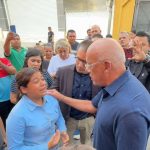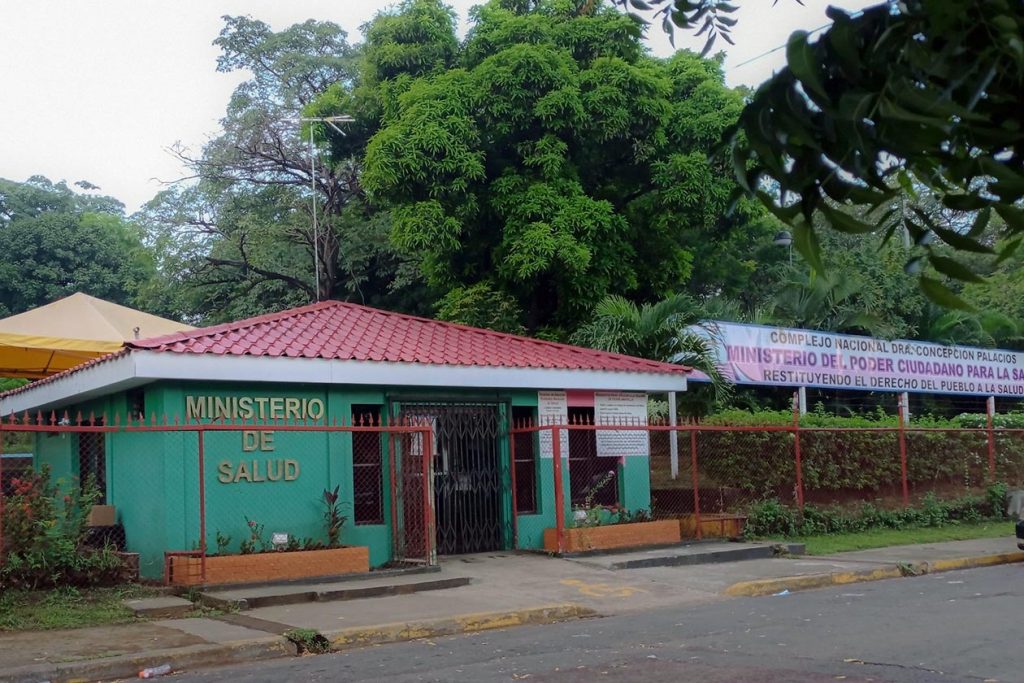L
he voice of the National Autonomous University of Mexico (UNAM) is not only present through its most renowned authorities and academics. The university voice arises from its most diverse fields and expresses the enormous wealth and plurality of its community. Thus, throughout institutional history it is possible to identify diverse positions that, although they manifest clearly defined and not necessarily coincident sectors, also give rise to a sort of collective discourse.
This is the case of the 1970s in which, parallel to the rise of a predominant university vision, other voices arose that fought for an institution with alternative features. The enormous influence of the administration of President Guillermo Soberón Acevedo in defining a new institutional model has already been stressed, but it is also important to recognize that this did not happen simply. In that decade, other positions were also expressed that proposed other routes or that questioned the route of sovereignty.
This is the case of different student expressions that, within the framework of the demands of the Communist Party –even in opacity– demanded a democratic reform of the university
, as well as the effective integration of students, professors and workers in the direction of study centers. Another influential alternative current during this decade is the one formed by various political and cultural groups, such as the magazine Critical point. In this magazine, a significant group of professors and researchers were articulated, who, in addition to raising various democratic and social demands, were forming, within the framework of the union struggle, a proposal for university reform. Thus, they would launch a call for a reform movement through a University Forum – whose dissemination organ would be the magazine of the same name – in the following terms: It is imperative that instead of the technocratic and modernizing reform of the State, a progressive and revolutionary university reform be implemented that emphasizes the need to reach high academic levels, to link teaching with research and these with the work process developed by the working class, the peasants and other exploited layers of the country
(Call to the University Forum
, June 1976).
At the national level and from a position linked to the social demands of the 1970s –some of them clearly radicalized– approaches with diverse repercussions could not fail to be recognized in the alternative proposals that emerged at the National University. This is the case of a document from the Liga Comunista 23 de Septiembre, centered on the idea of a University-Factory (https://issuu.com/periodicomadera/docs/tesis_uf_version_definitiva), as well as in the University-People project promoted by the Autonomous University of Guerrero.
Finally, spaces such as the Trade Union Council, the University Forum and the UNAM Workers’ Union itself would continue to promote alternative proposals to the institutional ones and in accordance with their social and labor demands: democratization and horizontality of institutional decisions, greater presence of the different university sectors in decision-making bodies, expansion of access to larger social sectors and full recognition of trade union rights, among others.
In the 1970s, in short, multiple positions were expressed in the institution. Sometimes they coincided, but other times they were opposed and this would have effects in the future. The institution was preparing to enter a new decade in which enormous limitations and government disinterest in public higher education would appear.

















